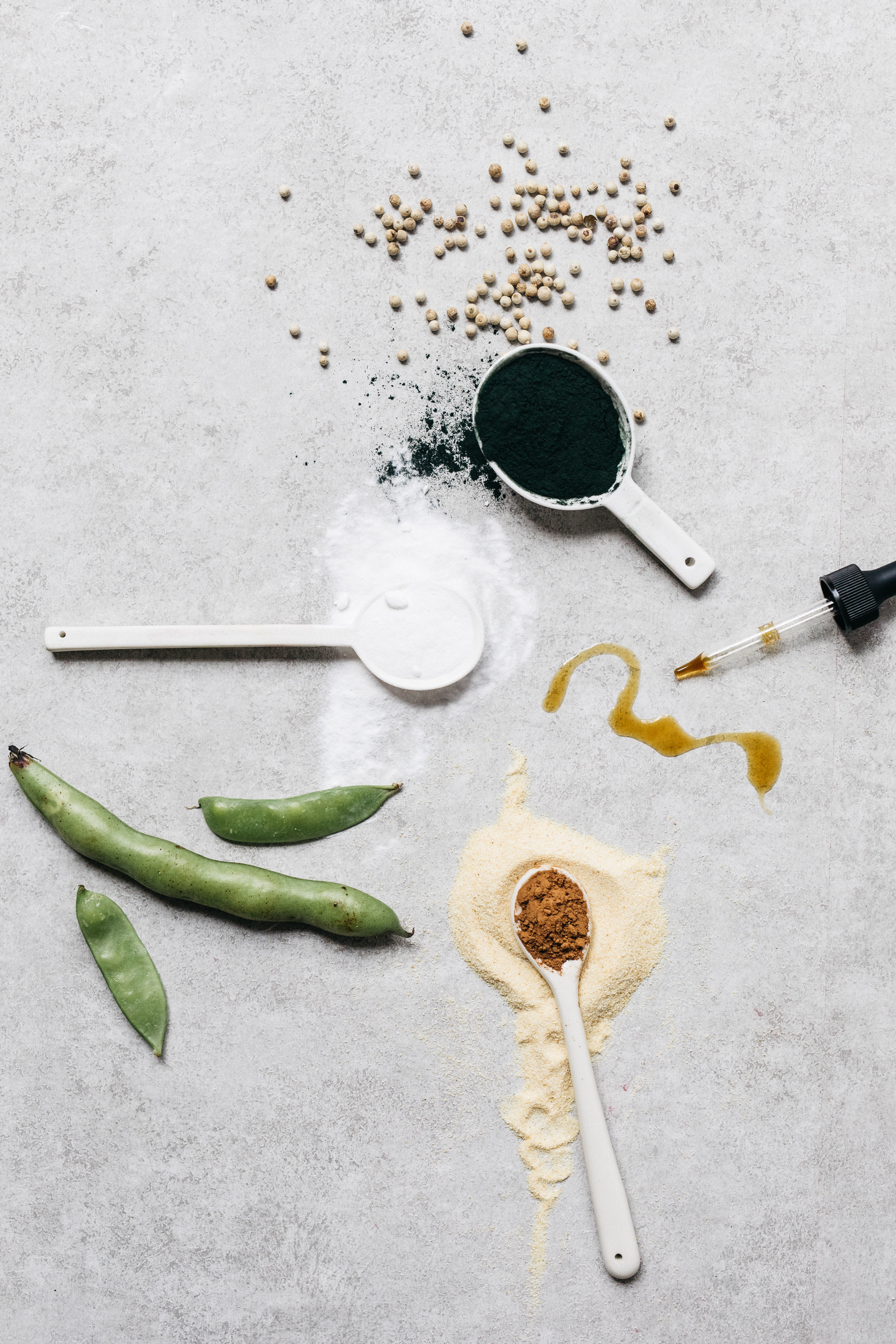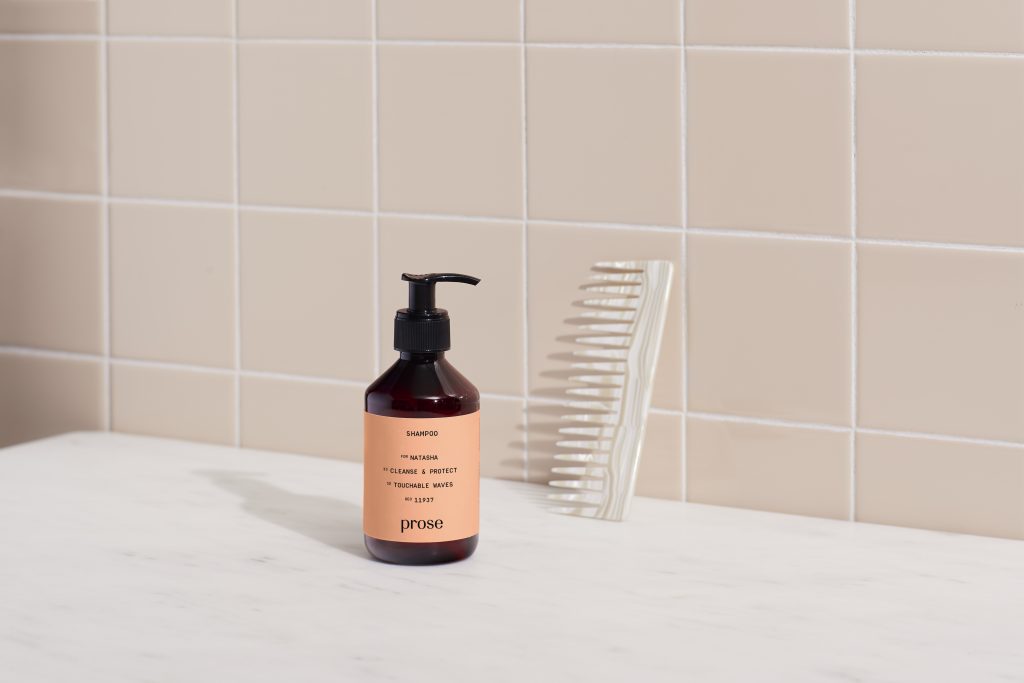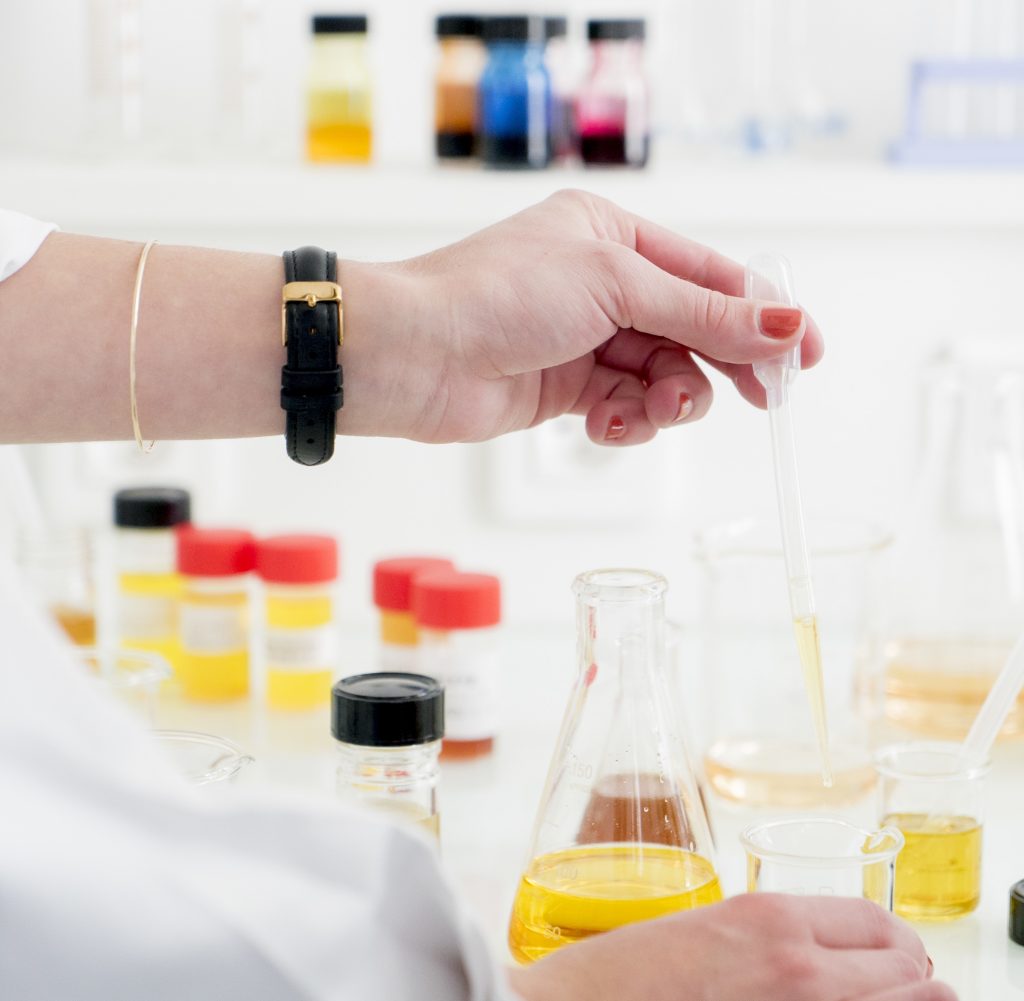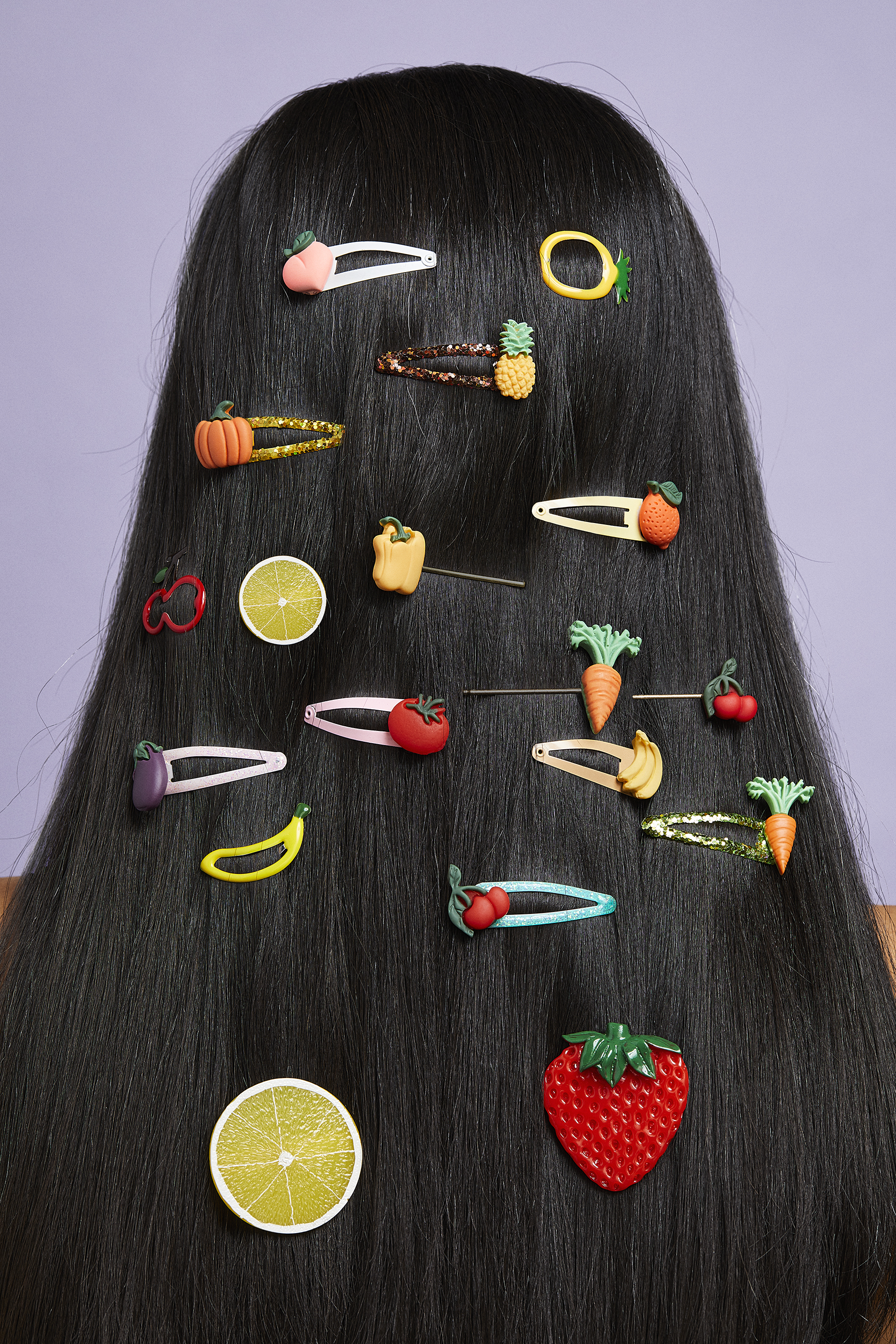Why we go clean
But first, what does it really mean for a beauty product to be clean? One thing it doesn’t mean is that it’s exclusively natural. While many clean beauty products use predominantly natural ingredients, there are also many synthetic, or man-made, ingredients that make the cut. The rule of clean beauty is to ask ‘is the ingredient safe’, not ‘where does it come from’. This means “no nasties.”
At Prose, we say ‘never ever’ to the “nasties,” a list of toxic, bad-for-you ingredients that our products are formulated without. Our pre-shampoo mask, shampoo, conditioner and hair oil are free of controversial and artificial—but commonly used—ingredients including phthalates, parabens, mineral oils, dyes, sulfates and GMOs. Instead, we’ve replaced them with safer, effective options, so that you can use a product that you and your hair feel good about. Below, a list of ingredients you’ll want to steer clear of and why.
Phthalates
Phthalates are chemicals that are used to create flexibility in plastics, which have made their way into consumer products, including cosmetics. When they enter your body, phthalates have been linked to all sorts of things like asthma, attention deficit disorder, diabetes and even altered reproductive development in both male and females. Some progress has been made to ban phthalates thanks to California’s Proposition 65, however, broader change is still slow-moving.
Parabens
Two words: super nasty. Parabens are chemicals used to extend the shelflife of a host of personal care products from shampoos to toothpaste and shaving cream, by stalling the growth of bacteria. While it is certainly important to have bacteria-free products, parabens are endocrine disruptors that have the potential to throw your hormones into a state of disarray, altering growth, reproduction and development. Instead of increasing the shelf life of your freshly-made products, we recommend you use them within three months so that you reap the benefits without adding potentially dangerous preservatives.
Mineral oils
Though it is touted as a scalp remedy, mineral oil is an inactive ingredient that is more likely to clog pores than rid you of a flaky scalp. Plus, the possible carcinogenic nature of mineral oil means that the potential damage outweighs perceived benefits. There are plenty of emollients that provide hair with the perks that mineral oil can provide—think hydration and shine—without the negative. Some of our no-nasty favorites include coconut oil and jojoba. Both are perfect for hair, and (when they’re not mixed into products), are safe enough to eat.

Dyes
If coal tar dye just sounds dirty, that’s because it is. Formerly by-products of the coal industry, these artificial coloring agents are now made from petroleum and often used to provide color in hair dyes. Known carcinogens, coal tar dyes are also used to treat psoriasis, eczema, and dermatitis, and they lurk in many products aimed at helping a flaky scalp. But never ours.
Sulfates
Ever gotten shampoo in your eyes? Sulfates are probably to blame for the stinging sensation. Sulfates, most commonly added to products in the form of sodium lauryl sulfate (SLS) and sodium laureth ether sulfate (SLES), are used in products to generate a lather, and remove dirt and oil from your hair. These irritants are also responsible for causing sensitivity on the skin and scalp, and stripping hair of necessary oils. Our formula, on the other hand, uses a sulfate-free surfactant that replicates the traditional sudsing of shampoo, while gently cleansing the scalp without stripping natural oils and over-drying.
GMOs
GMOs don’t only hang out in foods, and just because you’re not ingesting your shampoo and conditioner doesn’t mean that you should be okay with having them in your hair care products. Most GMOs have been engineered to be tolerant of herbicides, meaning that farmers have increased the amount of pesticides they use across the globe. While scientists don’t fully understand the long-term effect of GMOs on the environment, here at Prose, we see their potential toll on your body and Mother Earth as too high to put them into your products.
We’re proud of the ingredients that we use because we know that they will combat bad hair days and help you meet your unique hair goals. Plus, you can feel confident that you’re lathering up with something safe





